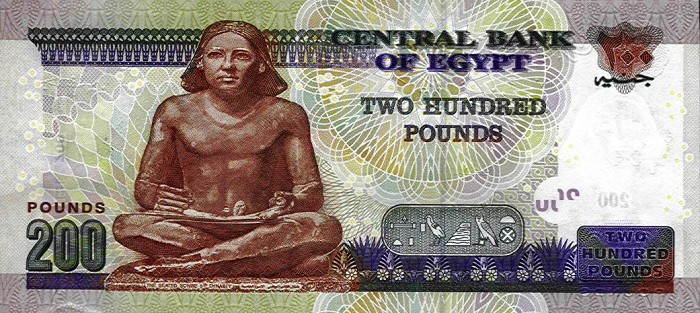The Egyptian Pound lost more than 50% of its exchange rate value against the dollar after the country’s central bank adopted a flexible exchange rate, hiked interest rates
- After an impromptu monetary policy meeting on Wednesday, the Central Bank of Egypt (CBE) raised interest rates by 600 base points, the second increase in a year.
- The interest rate hike, and allowing a flexible exchange rate, are two preconditions to Cairo obtaining more assistance from the International Monetary Fund.
- The move follows a $35bn deal with the United Arab Emirates (UAE) which analysts have suggested provides a buffer for tougher fiscal decisions.
The country secured $8bn, and $1.2bn for sustainability, from the IMF on Wednesday, just hours after the policy changes. Exchange rate flexibility was a major precondition for more IMF assistance, but Cairo had promised to do so before, before turning around and propping the pound.
From a relatively stable rate of 31 pounds to the dollar for the most of the last year, the Egyptian Pound quickly lost value in trading on Wednesday, dropping to 50 pounds to the dollar by lunch time.
Egypt is facing multiple internal crises, but its recent decisions might be driven more by external ones which include the Israel-Palestine conflict, shipping attacks in the Red Sea, and other geopolitical concerns.




